The story of the great American city has changed over the past 25 years. Over that time -- my entire lifetime -- the population of urban areas has outpaced the rest of the country as millennials and others have migrated to cities in increasing numbers. One particular aspect of that change can be seen in a remarkable and startling trend that directly affects LGBT people.
From Los Angeles to London, traditional gay venues are being pushed out for newer, mainstream urban development. In West Hollywood, the Factory nightclub, an icon of gay L.A. nightlife for over 40 years, is at risk. In London, dozens of historic gay locales have already been wiped out -- at least seven this year alone. In San Francisco, plans for new affordable housing for LGBT seniors have had to wrangle with the dilemma of allocating scarce resources in a community with too few units and too many applicants.
The city has always represented the cultural engine of any society from ancient times to today -- New York City served as the incubator for theater, music, television, and the traditional arts; Los Angeles saw the rise of the American film industry; and Nashville and New Orleans became inevitably associated with two distinctly American genres of music. But cities are more than just the art and culture they produce; they shape our values and provide a forum for our most significant moral and ethical debates. They provide a platform for the dialogue over who we are as a culture and where we want to go.
It wasn't to rural America that the civil rights movement marched in 1963; it wasn't in the suburbs that the Women's Suffrage Parade marched in 1913. And it wasn't small-town America where in 1969 a bar full of fed-up gay men, lesbians, and drag queens took to the streets to fight police harassment. Despite the fact that prejudice is seen as emanating as much from these parts of the country as any other, the spark of civil rights was lit in the city. For LGBT people in particular, cities are where we found ourselves and each other. Cities are where we thrive. Cities are more liberal and educated and have historically offered us havens that other places in America have not, and we give them just as much in return.
The idea of gay neighborhoods ("gayborhoods") has been celebrated by some and criticized by others, but there's little doubt that they do have an impact on the fabric of a city. There's also the criticism that gayborhoods -- which some attribute to the desire shared by many minority groups to live among their own kind -- contribute more significantly to gentrification than other similar minority-concentrated neighborhoods. There are certainly consequences of gentrification, including the pricing out of low-income residents, which should give developers and prospective residents pause. But urban renewal is larger than simple gentrification.
Urban renewal is a recognition and celebration of the city as one of humanity's most innovative, transformative, and creative institutions. Gay life and history is inseparable from that creative and transformative process. The city as incubator of gay culture gave America Allen Ginsberg, Andy Warhol, Walt Whitman, and James Baldwin; underappreciated but subversive pioneers like Gladys Bentley and Ma Rainey; and witty public intellectuals like Gore Vidal, Audre Lorde, and Camille Paglia.
It's in cities where we've seen some of our earliest political successes, from the election of Harvey Milk to the albeit-brief issuance of marriage licenses in San Francisco in 2004. Urban renewal includes a broad range of projects, from restoring some of America's last grand avenues to making our neighborhoods healthier for everyone; it includes making room for the aforementioned artistic incubators and restoring abandoned areas likely to elicit criminal activity in the absence of renewal. As LGBT progress continues, the need for "gayborhoods" may decline -- at least, in their original role of providing protection in numbers by clustering us near to our allies. But the need for a gay consciousness in the city and its profoundly powerful role in our community's history and culture will not go away.
At the same time, even while we give back to the cities that have served such important roles in LGBT history, we have to proceed with a thoughtful consideration for the impact of urban renewal on other vulnerable and minority communities and neighborhoods. Urban renewal and preservation should be a priority for LGBT Americans, but more than anything, we should be conscious of the need to renew and preserve with an eye toward all the other cultures that the city has given space to grow and evolve.
Given our own history with job and housing discrimination, LGBT people are uniquely situated to pursue an urban renewal strategy centered on preservation and improvement rather than displacement and isolation. Just as San Francisco is wrestling with how to provide adequate low-income housing for LGBT seniors, our renewal strategy has to remain conscious of the need of many city residents for affordable housing; just as London and L.A. erase historic sites of gay life, we can't stand by while other culturally important historic sites are overwritten, even to provide the next hot new venue.
American cities represent the cultural archives of hundreds of years of LGBT history. Cities are where many of us learned we weren't alone, found the courage to fight bias, and after we saw the tide turning, where many of us went on to find love and marriage. For this and many other reasons, they deserve our community's attention.
 ANIL ANDRIS MOORE is a graduate student at the University of Maryland earning his master's in architecture, and communications and outreach associate for Restore Mass Ave, an urban renewal project in Washington, D.C. He can be found on Twitter @anilandrismoore.
ANIL ANDRIS MOORE is a graduate student at the University of Maryland earning his master's in architecture, and communications and outreach associate for Restore Mass Ave, an urban renewal project in Washington, D.C. He can be found on Twitter @anilandrismoore.
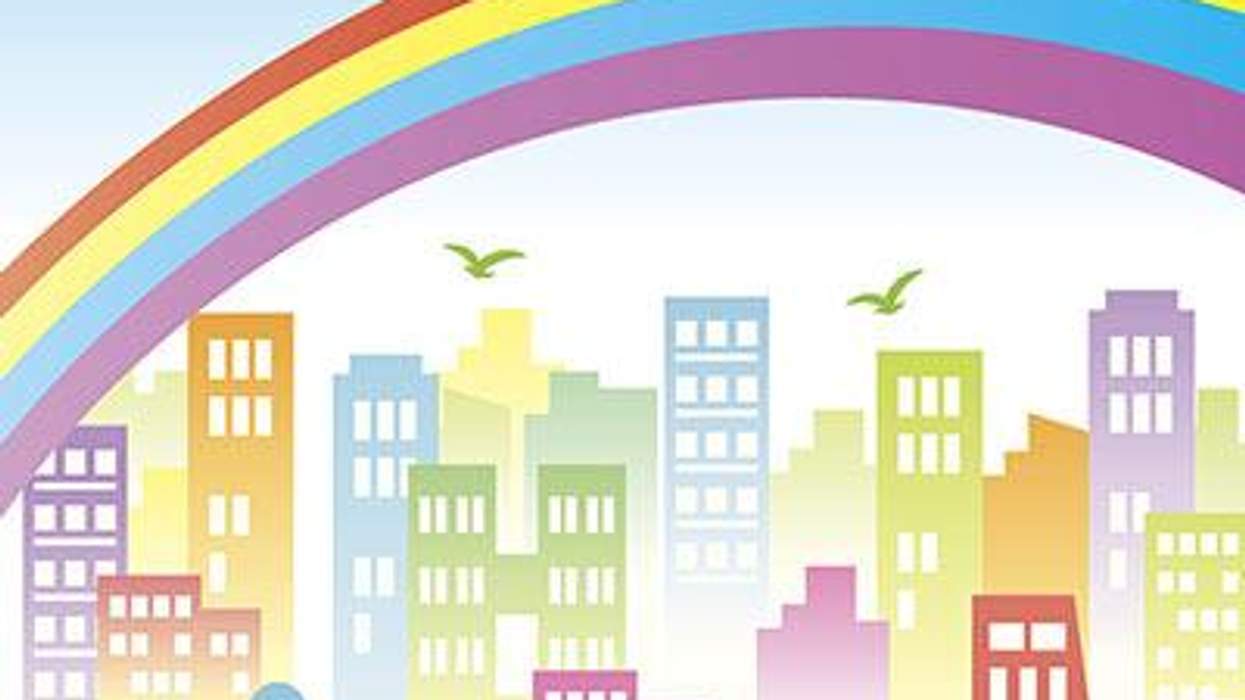

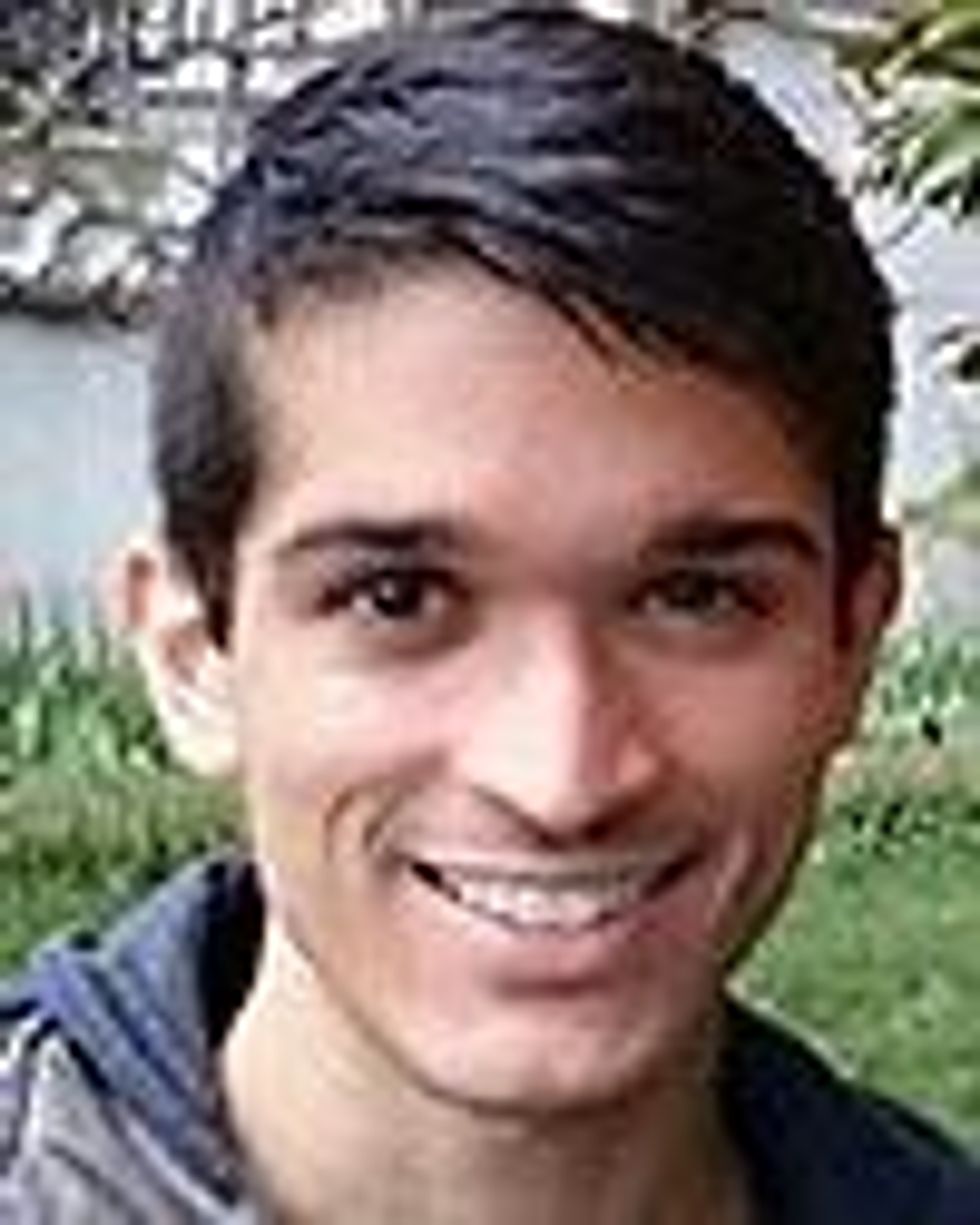 ANIL ANDRIS MOORE is a graduate student at the University of Maryland earning his master's in architecture, and communications and outreach associate for Restore Mass Ave, an urban renewal project in Washington, D.C. He can be found on Twitter
ANIL ANDRIS MOORE is a graduate student at the University of Maryland earning his master's in architecture, and communications and outreach associate for Restore Mass Ave, an urban renewal project in Washington, D.C. He can be found on Twitter 



























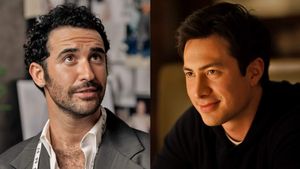









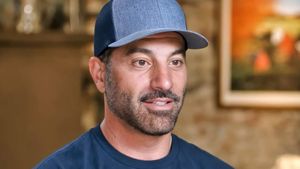




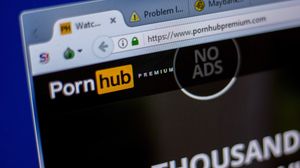

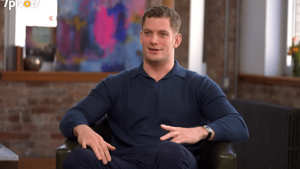





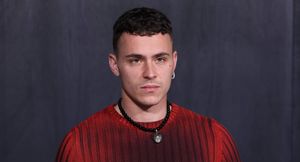












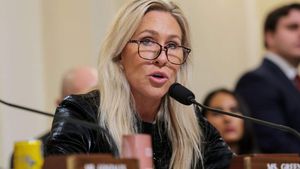

Charlie Kirk DID say stoning gay people was the 'perfect law' — and these other heinous quotes